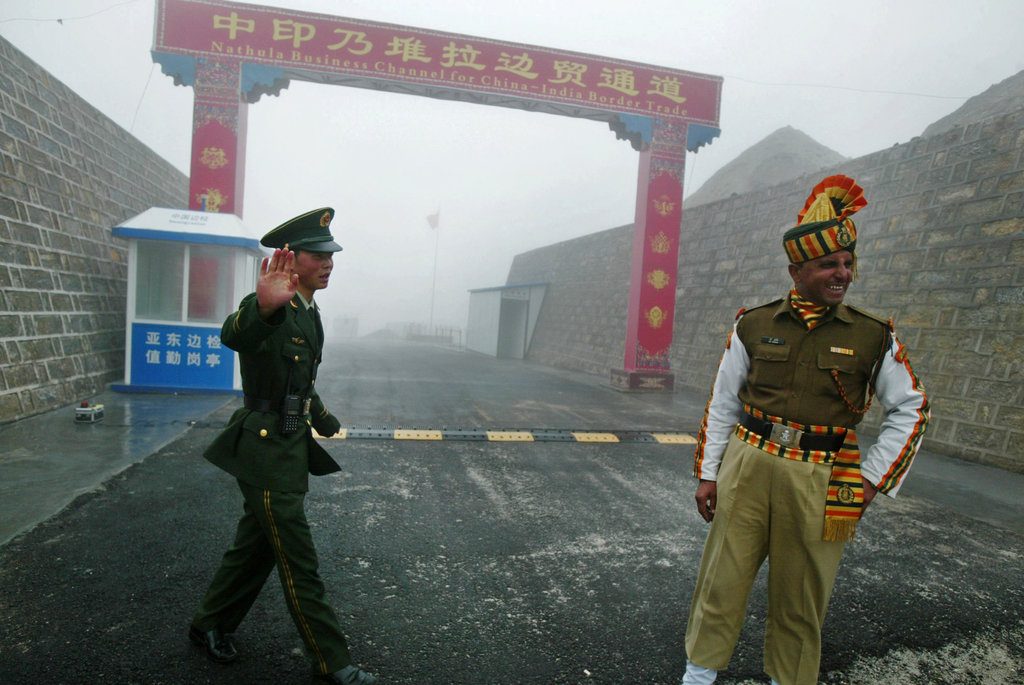Chinese state media on Thursday claimed that rising Hindu nationalism has tampered Prime Minister Narendra Modi’s China policy and could lead the two countries to war. It added that a warning that it could put India’s own interests in “jeopardy”.
While there is an ongoing tension in the Sikkim border, the latest statement reminded India that it is “weaker” than China in “national strength” but Indian politicians have failed to grasp that reality. The state media article which sounded like a warning also reminded the Modi government about its failure to curb Hindu nationalistic violence against Muslims since this government came to power in 2014.
The state media article indicated the current standoff was planned and executed to cater to Hindu nationalistic sentiments.
Modi rode a wave of rising religious nationalism to power in 2014 and is now pandering to the sentiments through its “strong” policies against China and Pakistan, said the analysis published in the nationalistic tabloid, Global Times.
“The election of Indian PM Narendra Modi has fueled the country’s nationalist sentiments. Modi took advantage of rising Hindu nationalism to come to power. This, on one hand, has enhanced his prestige and ability to control the country, but on the other, has made India more subject to the influence of conservatives, thus hampering reform,” the analysis said.
“In diplomacy, New Delhi is demanded to act tougher in foreign relations, especially toward countries like Pakistan and China. The border row this time is an action targeted at China that caters to the demand of India’s religious nationalists,” the commentary said.
Targeting Muslims has been part of the rising religious nationalism, it said.
“The Modi government can do nothing if religious nationalism becomes extreme, as shown in its failure to curb violent incidents against Muslims since he came to power in 2014,” the GT commentary, written by Yu Ning, said.
The source of India’s “deep strategic suspicion” of course is the 1962 war, the article said.
“Since India’s defeat in the Sino-Indian War of 1962, some Indians have been stuck in a zero-sum mentality in dealing with China. The war inflicted lingering pain on India and it became a hard knot to untie, leading to an ingrained suspicion of Chinese strategy. China’s development is seen as a misfortune to India. The faster China grows, the more fearful they are,” the commentary said.
“India harbours deep strategic suspicion toward China. It considers China as a rival and a potential enemy. For a long time, it has hyped that China is pursuing what is called the ‘String of Pearls’ to encircle India. Despite China’s goodwill in inviting India to join the Belt and Road initiative, India insists on interpreting the project as a part of China’s strategic containment and encirclement of it,” the commentary added.
Notably, China wants India to withdraw its troops from Donglang before the two sides can open talks.


















